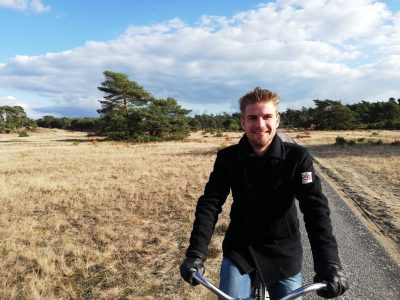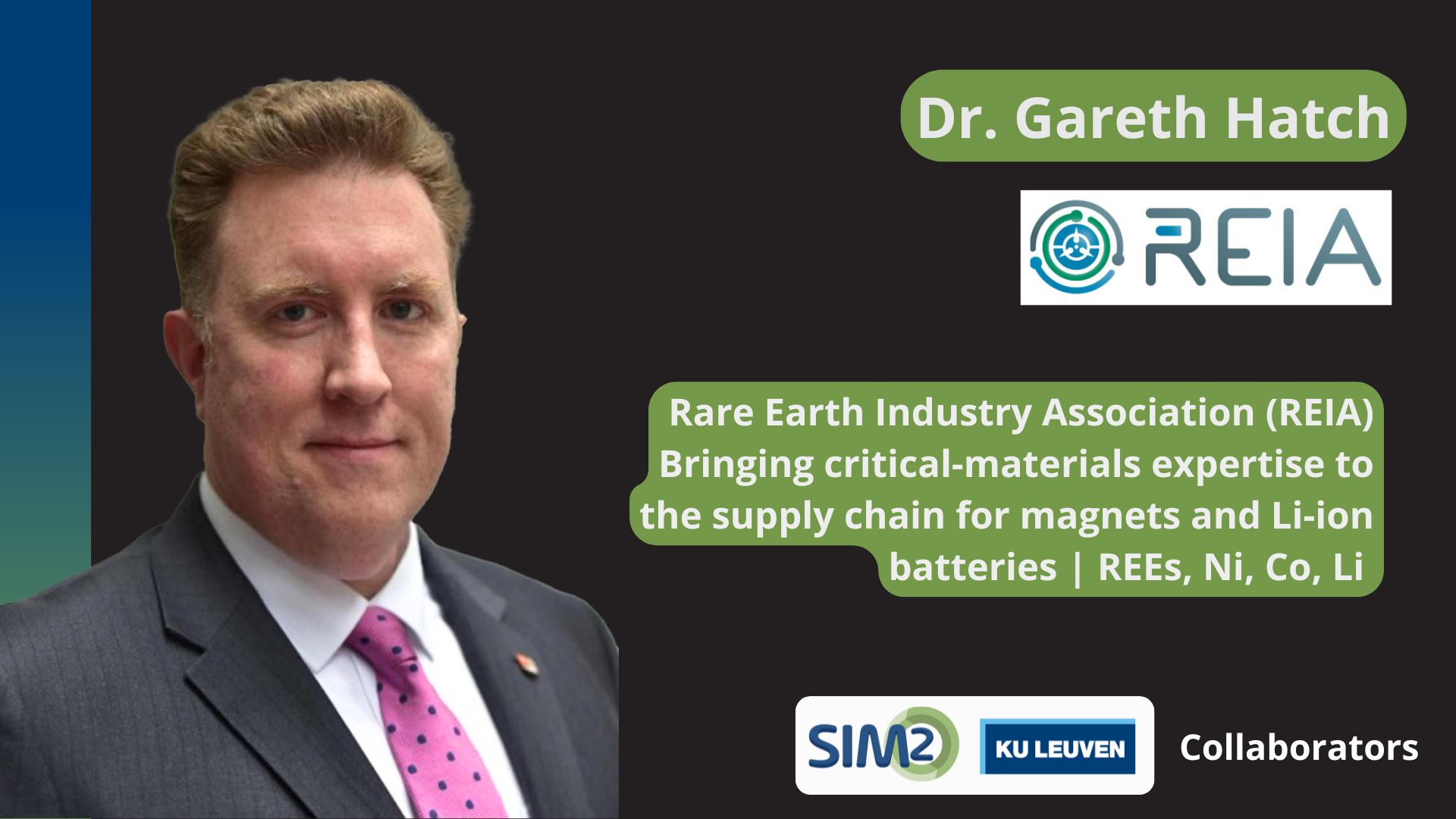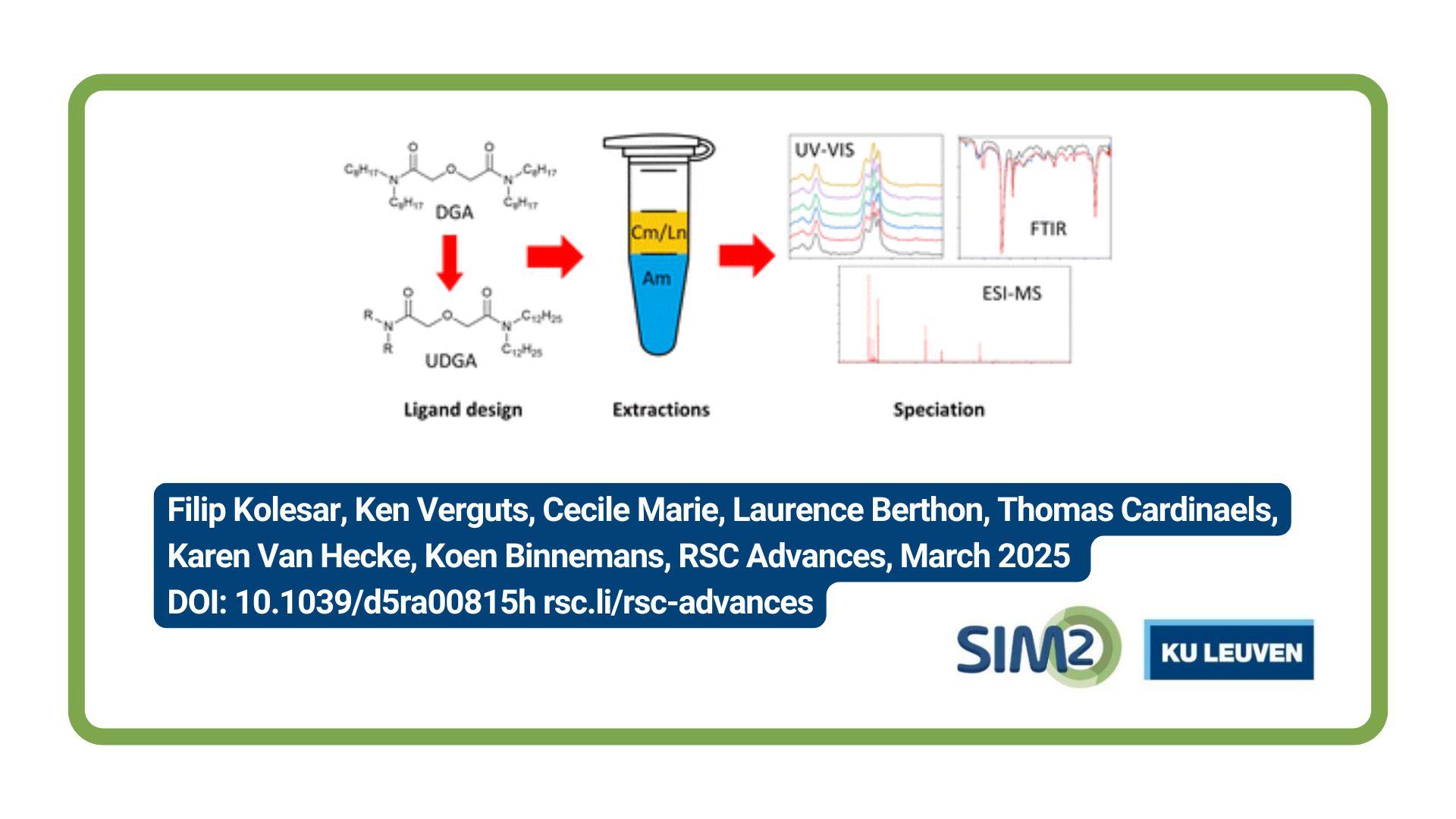Dr. Arne Peys is a postdoc at the Department of Materials Engineering (SIM² KU Leuven), where he works in the SREMat research group, which targets the valorisation of industrial residues by incorporating them in novel processes or materials. Find out more about Arne Peys and his work in the interview below. (PTJ, Leuven, 5/1/2019)
Why did you choose to work in Leuven/Belgium?
Working in Leuven came quite natural to me and was not really the result of one well thought decision. I was raised 27 km from Leuven, studied for my bachelor and master degrees at KU Leuven and ended up staying as a PhD student and now post-doc researcher. Why am I still here? I like the work we do.
What are you working on?
The research group I work for, SREMat (Sustainable Resources for Engineered Materials), as well as SIM² KU Leuven Research Line #4 aim to transform industrial residues into sustainable binders. We find processing schemes, investigate specific properties which might offer an advantage with respect to conventional binders (i.e. Portland cement) and investigate what this binder is.

The latter part is where I focus on. My PhD was about the characterisation of Fe-silicate binders, “Fe-silicate inorganic polymers”, at the molecular scale. During my post-doc, I would like to develop this knowledge further, while also applying it to explain the properties and durability the material shows.
Apart from my own research, I am developing my skills as co-supervisor, trying to help my younger brothers and sisters of the SREMat group.
Research aside, I proudly guide lab sessions on recycling of inorganic process residues for the 1st Master students in Materials Engineering and try to help Annelies Malfliet with organising the 6th Slag Valorisation Symposium.
What attracts you in the research project you are working on?
I believe that the work we do really has an impact on the world. The fact that I can do what (I think) I am good at to make the world better (greener) is highly motivating. Add the thrill of discovering new things, the fulfillment of teaching and nice colleagues and you get yourself a nice cocktail of positive points. To study the molecular arrangement of an amorphous material is not the easiest thing to do. I think my patience and stubbornness are quite a good fit for it. I like puzzles…
If you had a time machine, what point in the past or future would you visit? Why?
I would not visit anything, out of fear for the negative effects of a temporal paradox. Going to the future will influence my actions in the present making the future I saw inaccurate. Going to the past might change things in the now. And I like the now quite a lot. So no, no time traveling for me, thank you.
If you didn’t need a job, were healthy, and had plenty of time, what would you do?
I would sport a lot, if I would not have to work I would try to go for a professional triathlon career. In addition to that, I would play quite some computer games to be honest, but I would also do some charity work to fill my need to do something. Work as a volunteer in a fair-trade shop, teach math to poor kids, something like that. I might miss the scientific challenge of my current job, but I think I would manage.
What is the strangest talent you have?
I can toot like an elephant.
Biography Arne Peys

Arne Peys was born in Geel in 1991, raised in Aarschot/Ramsel. He graduated from the Master Materials Engineering in 2014, where his master thesis was already on sustainable binders under supervision of prof. Yiannis Pontikes. He received his PhD at the same department in October 2018, which was supervised by prof. Yiannis Pontikes, prof. Hubert Rahier (VUB) and prof. Bart Blanpain.
Currently, he works as a post-doc, continuing his FWO-SB scholarship. He likes to run and is part of the Ramsels Triathlon Team where he enjoys the sport recreatively.
**
Interested in starting a Phd at SREMat?
There is an open position here.






